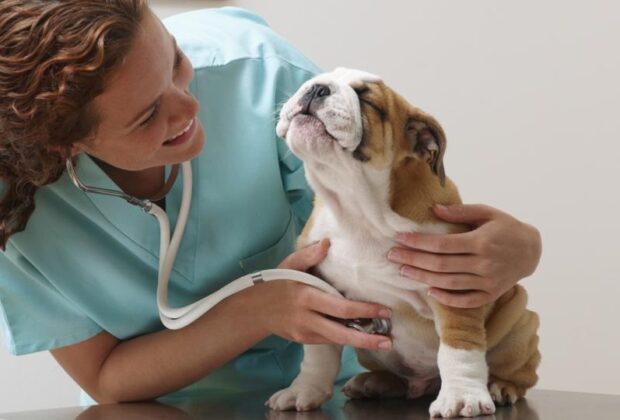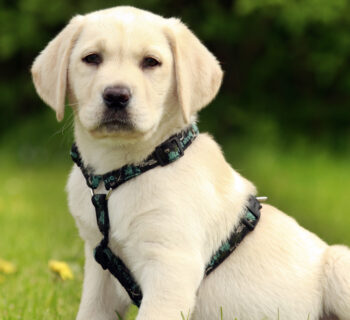The relationship between owners and their pets is constantly much more powerful than we are ready to admit. Those lucky enough to have that unique bond know that the loss of such unconditional love can be devastating. Tierbestattung is the most generally used process following the passing of a much-loved family pet. It can permit the owners to acquire the ashes if they wish to save them in memory of their furry companion. Although it is challenging, learning about the operation of the cremation of pets is essential as this can support you qualify for it. Your vet will usually take care of the cremation and guide you via this often-painful ordeal.
Types of cremation for a pet
There are two kinds of cremation for a pet:
- Communal cremation: when the pet is cremated with different animals. The ashes are not yielded to the owner but carried to agricultural land. This is the smallish costly cremation procedure.
- Individual cremation: the pet is cremated independently. The owner in an urn produces the ashes.
Chinese pet owners paid only one-third of the cash as their counterparts did. With more pet digits in the country and higher prices, many pet proprietors also prefer to hold funeral benefits for their departed furry companions.
Price of cremation of the pet
The cost of Tierbestattungen of a pet depends on the chosen cremation technique: On average, a collective cremation can cost between £40 and £100, depending on the pet's size. Depending on the pet's size, individual incineration can cost between £75 and £200. You may also need to consider including the transportation costs to the cremation centre, which can be between £100 and £150. Plus, the price of an urn can be between £25 and £180 if you want a specific urn.
Informed about all regulations and can give exact information about the further course.
The minimum depth for Tierbestattung must be 50 cm. The minimum distance from the animal burial to public places and paths is 3 meters. Then burying larger animals, the veterinary office should be consulted beforehand. The deceased animal must not have had a disease that is subject to reporting (animal diseases). Animals may not be buried in the forest or the wild. In the case of rented or leased property, the owner must consent to the burial of the animal. Cremated animals can quickly be buried on private property without observing the minimum depth.
General rule in animal buried
The general rule is that animals buried on their property must not have had any notifiable illnesses. A sufficient distance to the property line must also be maintained. Depending on the location, it is two to three meters. This is particularly important if the property is on public paths or in public places. If properties are located in a water protection area or belong to a nature reserve, Tierbestattungen are also entirely prohibited on private property. This is because the soil and groundwater must not be contaminated.









